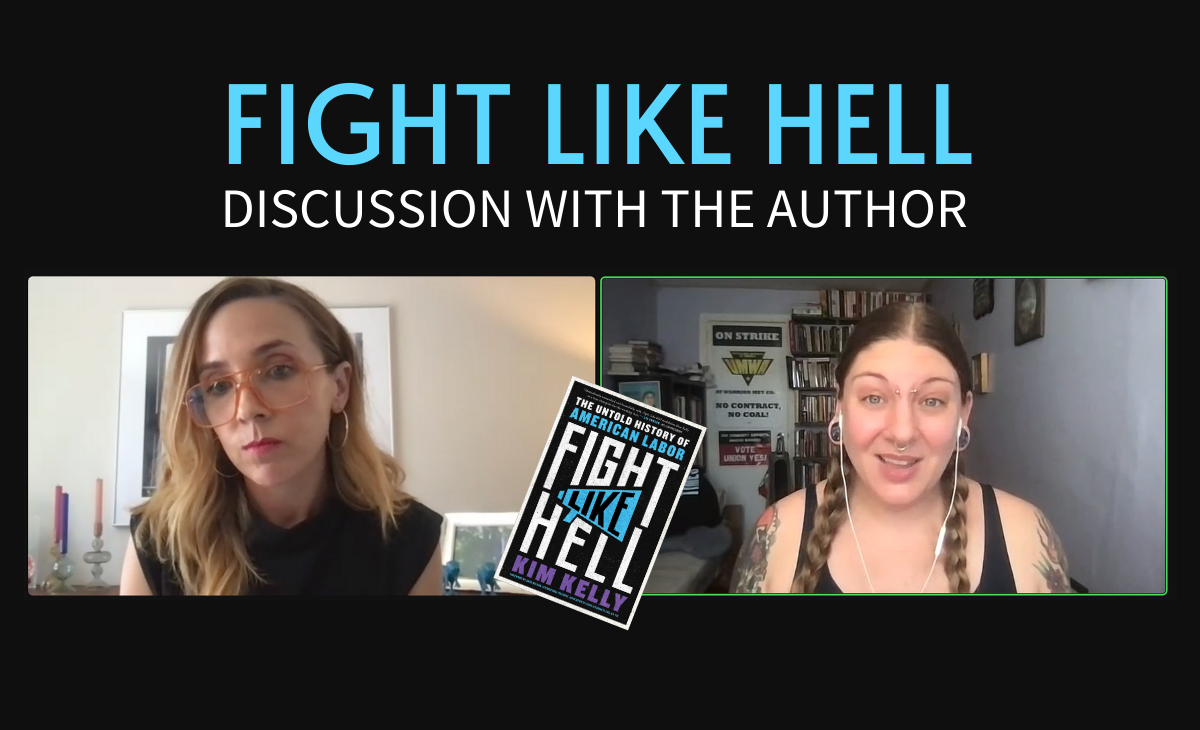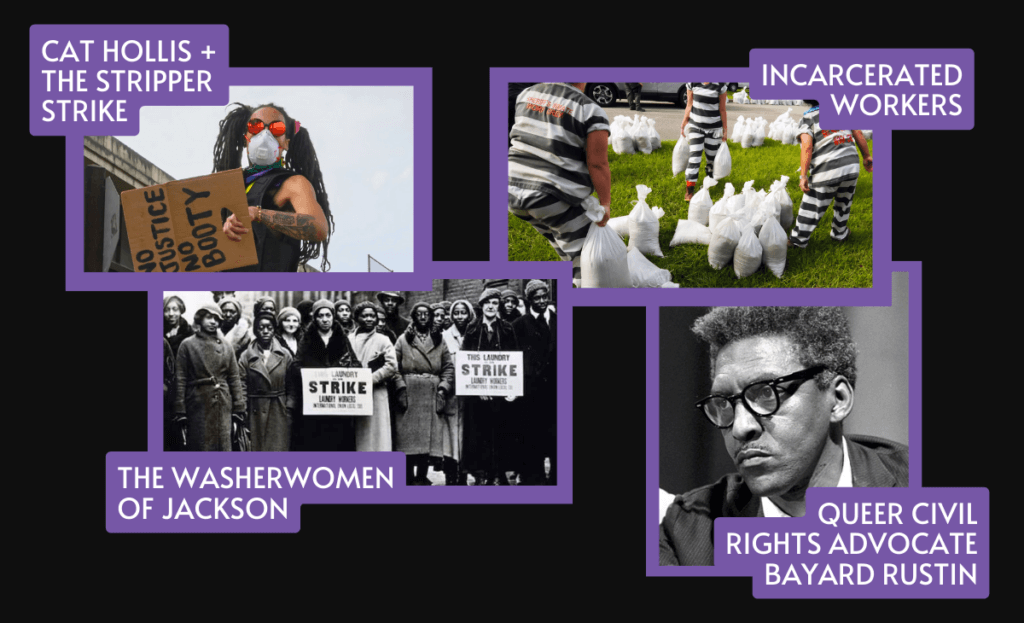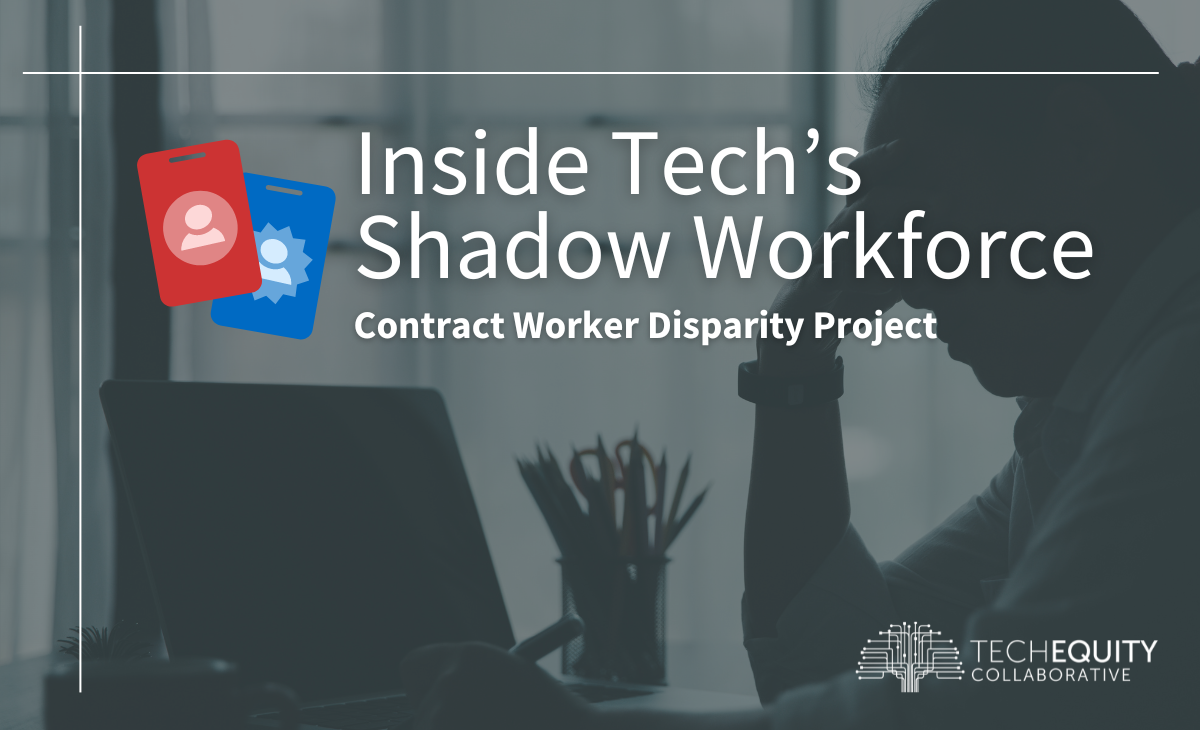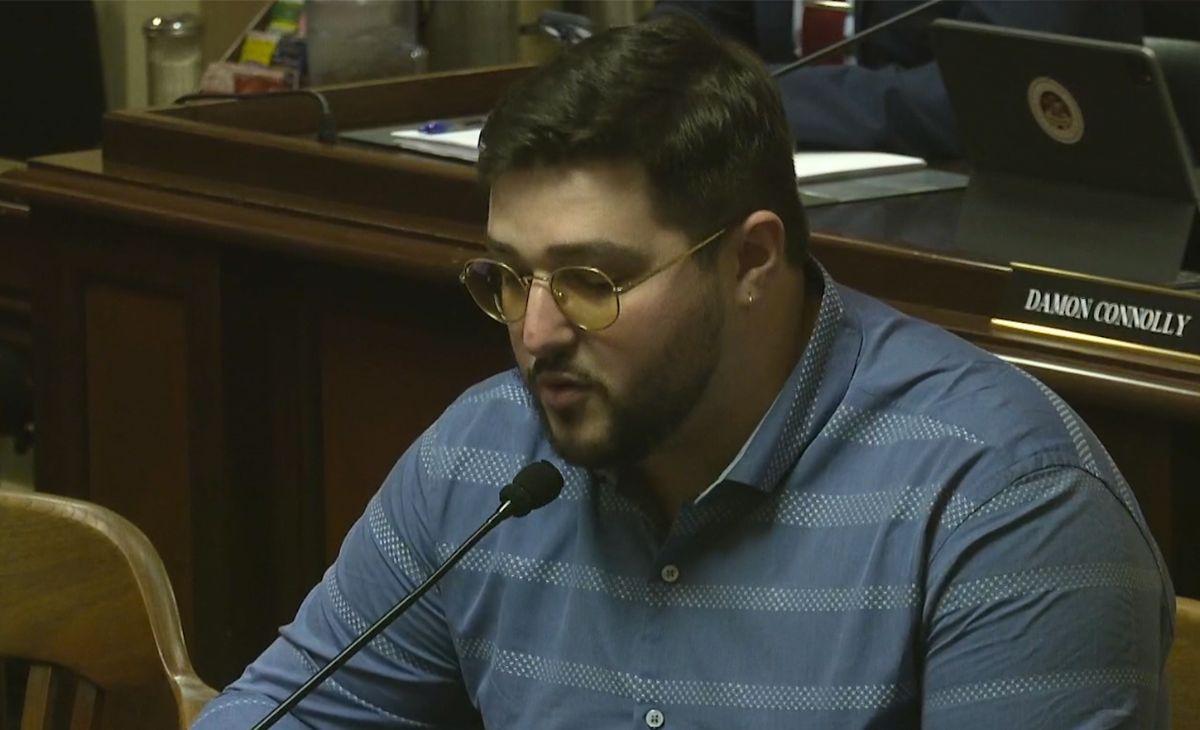The History Behind Labor Can Help Us Better Understand “Hot Labor Summer”

Have you heard about Hot Labor Summer? This summer has been a key moment in labor organizing—including in tech. The Writers Guild of America won one of the first major battles against the use of generative AI in the workplace. UPS workers fought and won raises and better air conditioning, vital in the summer heat. Alphabet Workers Union continued racking up their ranks and stood up for organizers in the workplace.
Hot Labor Summer wouldn’t be nearly as sizzling without the work and legacies of key labor organizers. But who were they and what lessons do their stories hold?
There’s this avatar of the union worker, a white man with a hard hat. However, so many of our rights were won by people who didn’t and don’t look like this avatar. In Fight Like Hell, Teen Vogue columnist and independent labor reporter Kim Kelly excavates the history and names of countless silenced, misrepresented, or forgotten leaders that built the basis for this summer.

We sat down with Kelly earlier this year to discuss her book and what is possible when the working class demands the dignity it has always deserved. These are some of the things we learned:
1. Even our heroes usually have some kind of problematic history.
If we want to understand the pioneers of the labor movement and the conditions they were working in, we need to know the whole story—warts and all. This way we can understand how what they did can apply to today and see how their work transcended them as individuals, which are inherently flawed.
2. Division was used to create confusion and break strikes.
A classic tactic that bosses would use when they would get wind of organizing is that they bring in people different from the people who are already at the workplace to be strike-breakers. This was especially effective when language barriers were involved. They would try to separate people, divide people, and make people think that other people are threats to their livelihood. This was also a key point in our discussion on tech layoffs.
3. But history shows that the only hope we have is to work together, despite all of our differences.
Ultimately, organizing—people power—is one of the most powerful things in the world, and it’s one of the most powerful tools we have to create a better one. Isn’t that what tech is supposed to be all about? If you’re interested in staying up-to-date on labor organizing in and related to the tech industry, subscribe to our newsletter and follow us on social media.
Click here to watch our full discussion with author Kim Kelly on demand.





